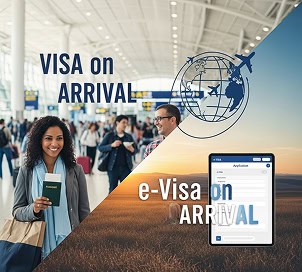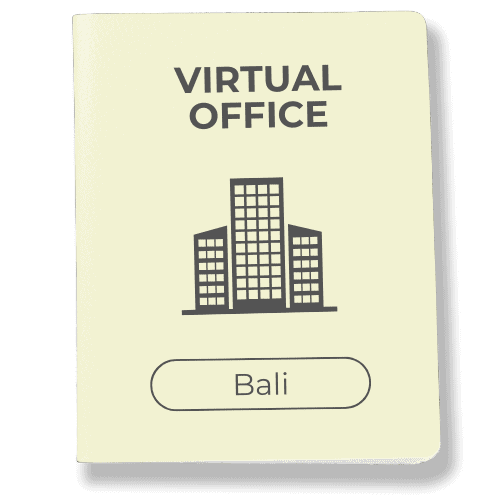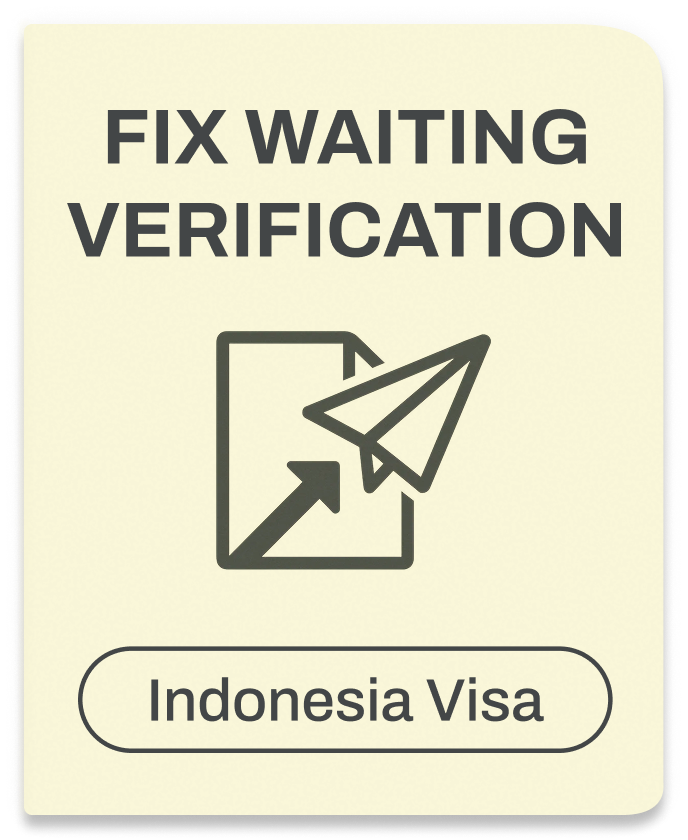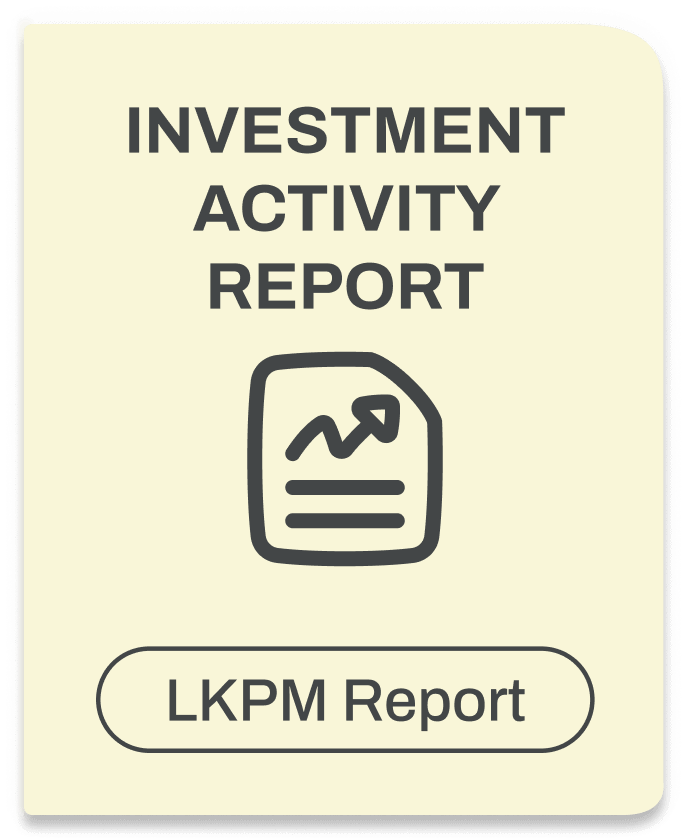7 Best Medical Insurance in Bali, Tourists, Nomads & Expats

Quick Guide: Pick Your Travel Insurance Coverage
Choosing the right health insurance in Bali depends on how long you’re staying and what you’ll be doing on the island.
Staying 30 days or less? Get medical insurance with at least $100,000 to $250,000 in medical coverage and $250,000 to $500,000 for emergency evacuation. If you’re planning to surf, ride a scooter, or do adventure sports like trekking Mount Agung or rafting the Ayung River, add that coverage too.
Staying 60 to 180 days as a digital nomad? Look at insurance plans or international medical coverage that includes doctor visits and evacuation. Make sure your plan covers scooter riding, since that matters in Bali.
Living in Bali long-term with a work permit? Get an international medical coverage plan that covers both hospital stays and outpatient care. You might also be eligible for BPJS (the local Indonesian health insurance system) if you’ve been there at least six months.
Do You Really Need Travel Insurance for Bali?
Here’s the deal: travel insurance isn’t required to enter Bali anymore, but it’s seriously smart to purchase travel insurance before you go. Many private hospitals will ask you to pay cash upfront before they provide treatment, and that bill can get expensive fast. Without insurance protection, you could end up paying thousands out of your own pocket for unexpected medical expenses.
You will need to get an all-Indonesia digital arrival card and pay the tourist levy when you enter the country, but those are separate from your health plan.
Best Medical Insurance Brands in Bali & Indonesia: Quick Review
Quick Comparison Chart
| Brand | Best For | Flexibility | Price | Local Expertise |
| Cigna Global | Custom plans | Very high | Mid–High | Moderate |
| Allianz Care | Indonesia focus | Moderate | Mid | Very high |
| Bupa Global | Families, premium | High | High | Moderate |
| AXA | Modern convenience | Moderate | Mid | Moderate |
| Aetna | Corporate travelers | Low | High | High |
| APRIL | Budget + Asia | Moderate | Low–Mid | High |
| William Russell | Price-conscious | Low–Moderate | Low | High |
Cigna Global, Best All-Rounder
What makes it stand out: Cigna Global lets you build your own health plan. You can pick and choose what coverage matters to you: inpatient care, outpatient visits, dental, maternity, whatever fits your life. Their Indonesia country page makes it easy to understand what’s available.
Who it’s for: Expats who know exactly what they need and want flexibility. If you’re staying long-term and want to customize your plan without paying for stuff you don’t want, Cigna is a solid choice.
The catch: More options mean more decisions. You’ll need to think through what matters most to you.
Allianz Care, Designed for Indonesia
What makes it stand out: Allianz Care built their plans specifically for Indonesia, not just slapped a generic policy on the country. They know the local healthcare system and can actually guide you through it. That local expertise matters when you’re dealing with language barriers or figuring out how hospitals work.
Who it’s for: People who want someone who understands Indonesia’s healthcare landscape. Great if you’re new to the country and need a hand navigating the system.
The catch: Their strong local focus means they might have fewer global options if you travel outside Indonesia frequently.
Bupa Global, Premium Coverage & Family Plans
What makes it stand out: Bupa Global offers plans at different levels depending on how much coverage you want. They also created a special ASEAN product (called “We Can Indonesia” through Bupa x Sunday) that covers multiple Southeast Asian countries. Perfect if your family travels around the region.
Who it’s for: Families who want higher coverage limits and might visit other countries in ASEAN. If peace of mind and premium care matter more than budget, Bupa delivers.
The catch: Higher coverage usually means higher premiums. This is the pricier option.
AXA Global Healthcare, Flexible & Modern
What makes it stand out: AXA makes choosing simple with a clear plan ladder, you can see exactly what you get at each level. They also offer telemedicine (virtual doctor visits) and include oncology coverage on every single plan, which is rare.
Who it’s for: Tech-savvy travelers who like simple choices and want access to virtual doctors. Good if you value convenience and preventive care.
The catch: The telemedicine perks are nice, but you’re paying for features you might not use.
Aetna International, Corporate Benefits for Solo Travelers
What makes it stand out: Aetna has been around the Indonesian block for decades as an IPMI player (a big name in expatriate health insurance). They offer destination guides for Indonesia so you know what to expect, plus strong evacuation and clinical support if things go wrong.
Who it’s for: Long-term expats and professionals who want the security of a trusted, established company. If you value experience and don’t mind paying for it, Aetna is reliable.
The catch: They can feel corporate and less personalized than newer competitors.
APRIL International, Value with Asian Reach
What makes it stand out: APRIL International built an Indonesia-specific product and has a huge provider network across Asia. Once you’re enrolled, you get cashless access to hospitals and clinics, no paying upfront and waiting for reimbursement.
Who it’s for: Budget-conscious travelers and nomads who value convenience. If you like knowing you can walk into a partner hospital and not worry about paying cash first, APRIL simplifies things.
The catch: The network is only as good as its provider relationships; coverage might vary depending on where you are on the island.
William Russell, Smart Price-to-Benefits Ratio
What makes it stand out: William Russell keeps costs reasonable by using “coverage zones.” You pay less if you’re comfortable being treated in local hospitals versus fancy private facilities. They’ve worked in Indonesia long enough to know the healthcare system and keep prices fair.
Who it’s for: Budget-aware travelers who still want solid coverage and don’t mind using local options. Great for digital nomads, balancing cost and protection.
What to Expect: Emergency Care and Medical Treatment in Bali
The catch: Lower premiums sometimes mean fewer premium amenities. You’re getting the essentials, not the extras.
When something happens, you’ll probably seek emergency care at a private hospital or clinic. The biggest ones are in tourist areas like Kuta, Denpasar, Nusa Dua, and Ubud. Here’s what you need to know about getting medical treatment on the island.
Emergency assistance: Call 112 for any emergency, or 118 and 119 for an ambulance. These numbers work with Indonesian phone numbers too. Contact your insurance company’s 24/7 assistance line at the same time.
How payment works: You usually pay cash first, then file a claim for reimbursement later. Bring a credit card with enough available balance to cover the bill while you’re waiting for your benefits to process.
Private hospitals in Bali: BIMC Hospital Kuta and Siloam Hospital Kuta both have 24-hour emergency rooms accessible near the airline terminals. If you’re in Nusa Dua, BIMC Nusa Dua has emergency care. In Sanur and Denpasar, you can seek treatment at SOS Medika Bali or the larger referral hospital, Sanglah Hospital.
How Much Medical Coverage Do You Actually Need?
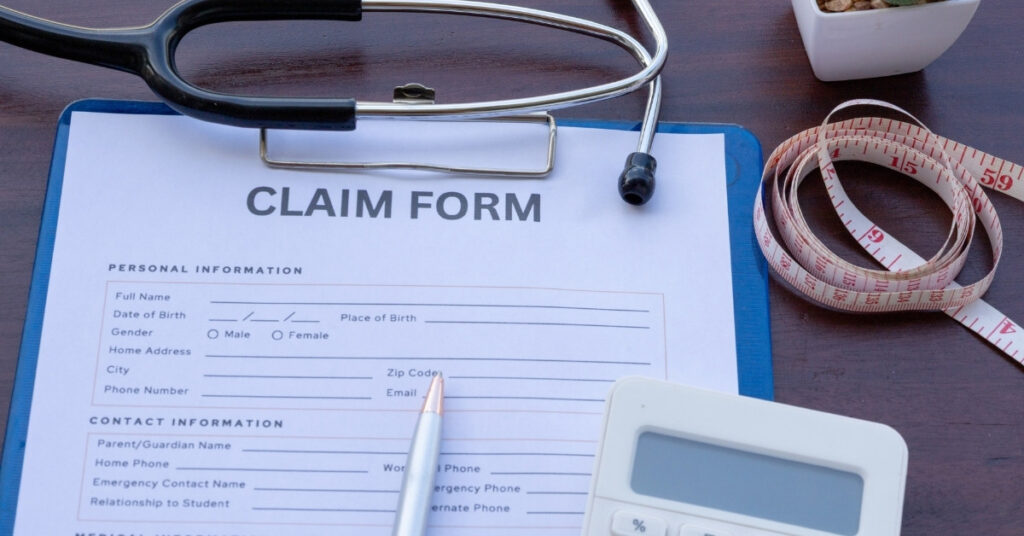
Think about what could realistically happen and work backward from there.
Medical expenses and health plan benefits: Aim for at least $100,000 to $250,000 in medical care coverage. If you want the peace of mind of a private room and top-tier treatment, go higher. Private hospitals charge more than public ones, so the extra insurance coverage is worth it for your family’s protection.
Emergency evacuation and flight home: This matters in Bali because if something serious happens, you might need to fly to Singapore or another country for specialized medical care. Those emergency flights are expensive, between $55,000 and $150,000. You should have $250,000 to $500,000 in emergency evacuation coverage just in case. It sounds like a range, but when you need it, you really need it.
Adventure sports and unforeseen events: If you’re planning to surf, scuba dive, rock climb, or trek Mount Agung, check whether your travel insurance plan covers those activities. Many standard plans don’t, so you might need to add it. Natural disasters like volcanic eruptions affecting access to the airport or island also matter, check what’s covered.
What Will Travel Insurance Plan Costs Matter to Your Budget?
Insurance purchase prices depend on your age, how long you’re staying, and what you’re doing. As a rough estimate, comprehensive travel insurance usually costs about 4 to 6 percent of your total trip cost. Medical-only plans can be cheaper, sometimes just $1 to $5 per day, if you’re young and on a shorter trip. If you’re older or staying longer, expect to pay more.
Medical vs Travel Insurance: Which Insurance Plan Is Right for You?
Not all insurance is the same. Pick the type of insurance coverage that matches your situation.
Travel medical insurance works best for travelers on short trips. It covers emergencies and gets you to medical care and evacuation if needed, but it doesn’t cover regular doctor visits or long-term care. This insurance plan is your go-to for a two-week beach vacation.
International medical coverage is better if you’re staying longer or working in Bali. This health plan covers both emergency care and regular doctor visits, handles pre-existing conditions with proper declaration, and even includes maternity if you need it. Many expat travelers pair this insurance with Bali’s private hospitals and sometimes add BPJS (local health insurance) if eligible.
One thing to be aware of: Indonesia is changing its health plan rules starting in 2026. Domestic health insurance policies will start asking you to pay part of your medical expenses out of pocket, so expect to cover a share yourself.
Common Exclusions and Limitations: Why Your Claim Gets Denied

Insurance companies can be picky about what they’ll pay for. Here’s what could get your claim rejected or face limitations.
Scooter and motorbike accidents are the big one. Your travel insurance will only cover you if you have a valid license (an International Driving Permit counts) and you were wearing a helmet. No license or no helmet? Your claim gets denied. This matters because many travelers don’t expect this exclusion.
Alcohol-related incidents are another common limitation in travel insurance plans. If you’re injured or sick because you were drinking, your health insurance probably won’t provide benefits.
Known unforeseen events like ash cloud disruptions from volcanic eruptions or airline cancellations might not be covered unless you bought your travel insurance before the event happened. Check your plan’s details.
Pre-existing conditions have to be declared upfront. If you don’t tell your insurance company about a health issue you already had, and then you need treatment for it, they can refuse to pay your claim. Look for travel insurance policies that waive pre-existing conditions or have special riders for them.
Personal possessions like lost or stolen items have limitations too. Know what your travel insurance plan covers for theft and lost baggage at hotels or during connection flights.
What to Do If You Get Injured or Sick: Step-by-Step

Don’t panic. Here’s the step-by-step process if something happens.
Call for help right away. Dial 112 for emergencies or 118 and 119 for an ambulance. At the same time, call your insurance company’s 24/7 assistance line. They’ll give you a referral or a direct-billing letter so the hospital knows your travel insurance plan covers you.
Seek treatment at a private hospital or clinic that your travel medical insurance recognizes. Keep every single bill, receipt, and medical report they give you. Take photos if you have to collect documentation.
File your claim quickly. Contact your insurance company within whatever timeframe your travel insurance policy allows. Bring all your documentation. If you were in an accident, you might need a police report, too. World Nomads and other providers have specific claim procedures; follow them exactly.
Who Should Purchase What Type of Insurance Coverage
Different travelers need different benefits and coverage options.
Families traveling together should purchase a travel insurance plan with high medical and emergency evacuation coverage, plus extras like coverage for family member illnesses, personal possessions like stolen gear, and trip cancellation. You want peace and protection so that everyone’s covered and accessible if something happens.
Surfers and riders need to purchase travel insurance with explicit coverage for their boards and scooters. Make sure your license and helmet situation will meet the policy’s requirements so your claim doesn’t get denied. Higher emergency evacuation coverage is smart, too, since you’re doing riskier activities.
People staying long-term should purchase international medical coverage that includes regular doctor visits and coverage for chronic conditions. Look into BPJS if you’re eligible after six months as an expat family member.
Frequently Asked Questions
Is travel insurance required to visit Bali? No, it’s not required. But many hospitals might ask you to pay cash upfront, so it’s really recommended to purchase insurance protection before your trip.
Does travel medical insurance cover scooter accidents? Only if you have a valid license and were wearing a helmet. Without both, your claim will likely be rejected and you’ll pay your own medical expenses.
How much emergency evacuation coverage do I need? Aim for $250,000 to $500,000 in your travel insurance plan. Medical evacuations from Bali can cost between $55,000 and $150,000, so that coverage range gives you solid protection.
Can I use BPJS (local health insurance) as an expat? If you have a permit allowing you to stay at least six months and meet other eligibility requirements, yes. But it’s complicated, so check with local authorities first to see if you’re eligible.
What if I need medications during my trip? Bring prescriptions and medications from home. Private hospitals and clinics can fill some medications, but availability might be limited. Check if your travel insurance covers medication costs.
What should I be aware of regarding language barriers? Many private hospitals in tourist areas have English-speaking staff, but it’s smart to purchase travel insurance that includes medical assistance services. They can help translate and coordinate your treatment if needed.
How do I contact assistance if something happens? Get your insurance company’s 24/7 emergency assistance number before you travel. Save it in your phone and hotel contact information. Call them immediately if you’re injured or need emergency care, they’ll help coordinate everything.
Ready to Apply or Extend Your Visa?
Let our visa specialists handle your application.


